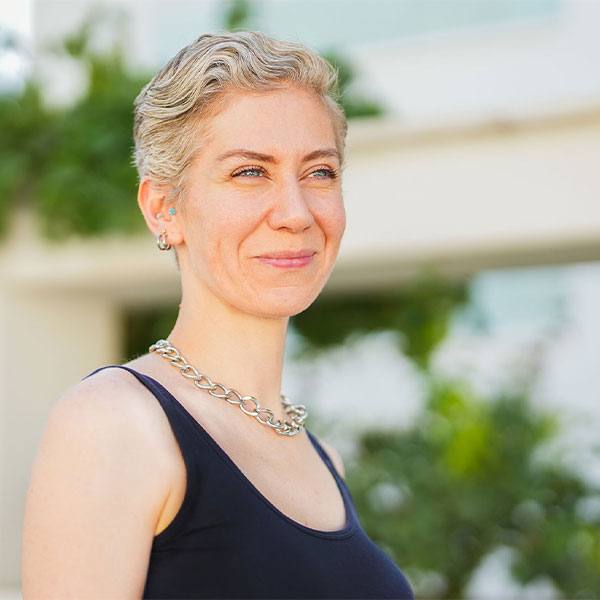-
Livers Donated after Cardiac Death Safe to Use in Liver Cancer Patients
JACKSONVILLE, Fla. — Patients with liver cancer can be cured with a liver transplant. But because of the shortage of donated organs, these patients often die waiting for a liver. That’s because most transplant centers predominantly use livers from donors who die from brain death.
But in the largest study of its kind, transplant physicians at Mayo Clinic in Florida have found that liver cancer patients have the same beneficial outcomes using organs donated by patients who died of cardiac death. The study was recently published online in the American Journal of Transplantation.
MEDIA CONTACT: Paul Scotti, Mayo Clinic Public Affairs, 904-953-0199, scotti.paul@mayo.edu
“Our program has one of the largest experiences in the world with liver transplants using donations after cardiac death,” says the study’s lead investigator, transplant surgeon Kristopher P. Croome, M.D. “We now know that these organs effectively offer new life for patients with liver cancer.”
“I believe this study firmly and finally answers the question as to whether liver donations after cardiac death are as viable for patients with liver cancer as livers from donors who die from brain death,” he says. “They are.”
Using organs after cardiac death for liver transplants could increase the number of transplants performed by 10 percent to 15 percent nationwide, Dr. Croome says. “One reason why the wait time for liver transplant is short at Mayo Clinic in Florida is that we efficiently and successfully use both types of donated livers. But nationwide, over the last decade, the transplant list and the number of liver cancer patients are increasing.”
Some studies, including both human and animal, have suggested that donations after cardiac death have inferior results in patients with liver cancer because the liver has suffered some damage due to loss of oxygen during organ recovery.
For the purposes of transplantations, a person who dies from a heart attack is not considered for donation. Instead, cardiac death is controlled in a patient who will donate organs. “This can occur, for example, in a patient who has had a bad brain injury and will not recover. In this controlled setting, with the purpose of donating organs, a patient is taken off life support, and will pass into death. Then after a short time period, the organs will be recovered and donated,” says Dr. Croome.
“Some ischemia — lack of oxygen — will occur in the organs during this procedure. The concern has been that these livers may not be healthy enough to fight off development of new cancer,” he says. “There may be circulating tumor cells in a patient whose cancerous liver is removed at the time of transplant, so the question had been whether these livers donated from cardiac death donors are as healthy and resilient as those obtained after brain death.”
Donations after brain death occur in patients with absence of brain activity, but whose heart and other organs are still active. Due to absence of brain activity, which is an irreversible condition, these patients are considered legally dead.
Between 2003 and 2012, the team from the Department of Transplantation at Mayo Clinic in Florida transplanted 1,633 livers using donor brain death organs and 241 livers obtained from donors after cardiac death.
In this study, the investigators identified 397 liver cancer patients who received a new liver — 340 patients who received a liver after brain death and 57 patients whose organ was donated after cardiac death. They found no difference in liver cancer recurrence between the two groups — liver cancer recurred in about 12 percent of patients in both groups.
“The gap between patients who need a new liver and the number of organs available has been widening, but the use of donations after cardiac death could potentially alleviate some of the organ shortage,” Dr. Croome says.
Co-authors are from the Department of Transplantation, Mayo Clinic in Florida: David D. Lee, M.D.; Justin M. Burns, M.D.; Kaitlyn Musto; Diego Paz; Justin H. Nguyen, M.D.; Dana K. Perry, M.D.; Denise M. Harnois, D.O.; and senior author C. Burcin Taner, M.D.
###
About Mayo Clinic
Mayo Clinic is a nonprofit organization committed to medical research and education, and providing expert, whole-person care to everyone who needs healing. For more information, visit mayoclinic.com or newsnetwork.mayoclinic.org.







